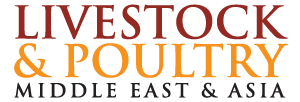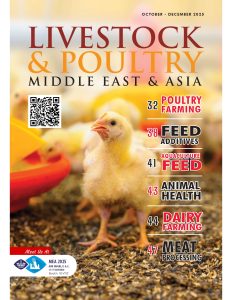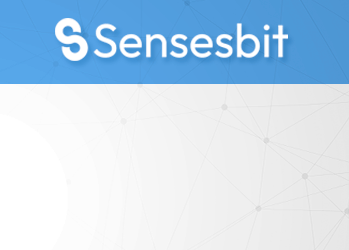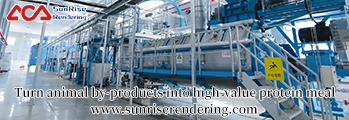Pelleting is a feed processing technique that maintains feed homogeneity by agglomerating or compaction of feed particles. Pelleting involves compressing feed particles under mechanical and thermal forces to create dense, durable pellets. This compaction process reduces bulk volume, increases shelf life, and improves transportation efficiency. Various characteristics of aquaculture pellets directly affecting feed quality and performance are size and shape, moisture content, bulk density, floatability, durability and water stability. Despite advancements in pelleting technology, maintaining consistent pellet quality remains a challenge. Water stability measures how well aqua feed pellets maintain their structure when submerged in water.
This factor is particularly crucial for species like shrimp, which are slow feeders and rely on pellets remaining intact in water for extended periods. Insufficient water stability in pellets can cause rapid feed disintegration, leading to nutrient loss and reduced efficiency— ultimately impacting profitability. To address this, aquaculture feed manufacturers often incorporate pellet binders into their formulations to avoid the disintegration of pellets. Pellet binders provide the necessary binding strength to hold feed particles together, reducing fines and dust. Binders strengthen pellets and enhance their integrity, durability, and stability. They also reduce nutrient leaching and prevent fragmentation and abrasion of pellets during handling, transportation, storage, and feeding to aqua-cultural species. Traditionally, synthetic binders like polymethyl carbamide (PMC) have been widely used to strengthen pellets. However, with growing concerns about sustainability, performance efficiency, and costeffectiveness, Pelletovin can be considered as a viable organic alternative to PMC.
Pelletovin is an all-purpose, organic, thermo-reactive binder that is stable at room temperatures and therefore will mix well with other feed ingredients. Once the feed mix is exposed to moisture and heat in the conditioner, this organic feed binder binds other feed ingredients. It enhances pelleting capacity and reduces energy consumption at the feed mills. According to field trials, Pelletovin significantly reduces dustiness and dry matter loss from feed. Pelletovin at an inclusion rate of 0.3% gives approximately 80% water stability and about 90 % pellet durability index (PDI). It shows better efficacy than synthetic binders like polymethyl carbamide (PMC). For more information, visit www.vinayakingredients.com




















